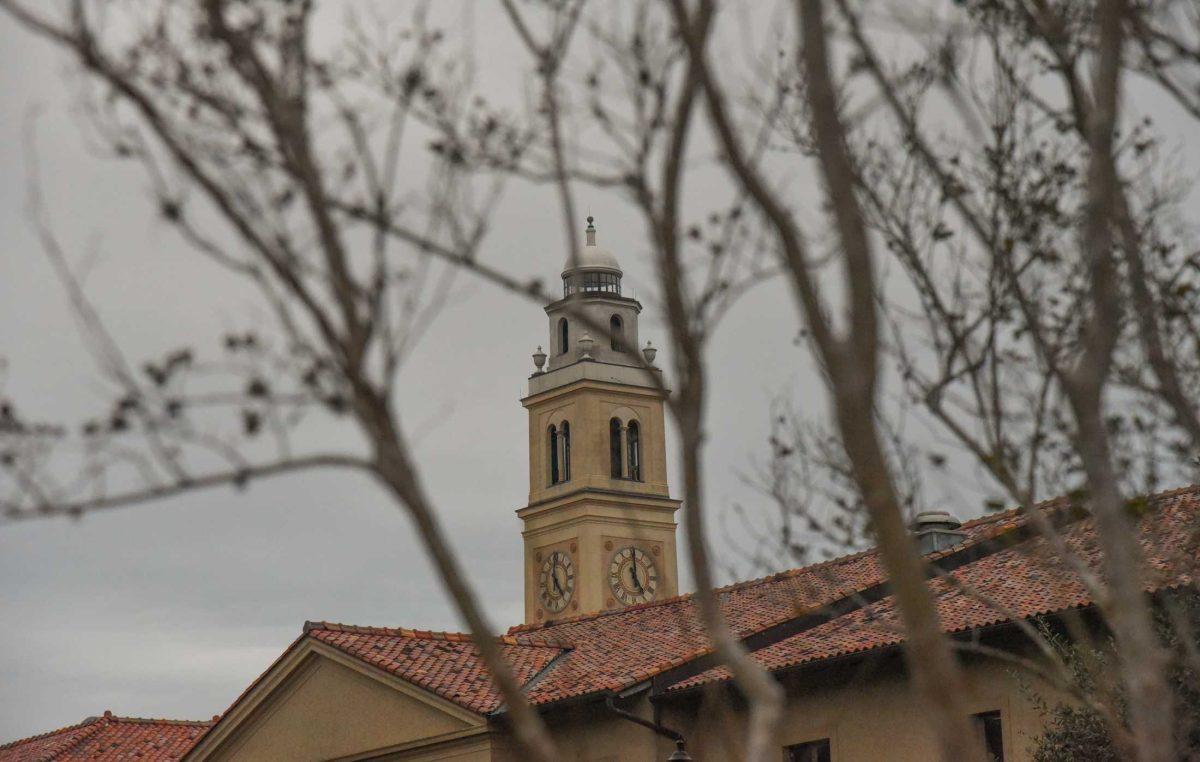Higher education should be accessible.
We know how it’s advertised. You start college at 18. Sophomore year is 19. Junior year is 20. Senior year is 21. You should have an internship lined up between your junior and senior year. After you graduate, you get a job, climb up the corporate ladder and work until you retire. And then you die.
But what if you aren’t ready for college right after high school? You couldn’t afford it, you didn’t know what to study or you needed some time to work and get a feel for what it means to not be in high school.
What if you aren’t able to complete the program in four years? What if you change your major halfway through? I would say that it’s better to change your major halfway through than to complete a major you hate and have that degree for the rest of your life.
What if your first college of choice isn’t the right fit? After your freshman year, you decide you’ve found a different school that you would enjoy more. So, you switch. Maybe it’ll add another semester or year to your graduation date, but who cares? When you are looking back at your life from the age of 80, graduating at age 21 versus 23 or even 25 isn’t a big difference.
What if you want to take a gap year? What if a medical emergency comes up and you have to take a semester off? What about mothers or fathers who weren’t able to complete a rigorous college program when they had their child but decided they want to further their education later on?
The rest of your life doesn’t stop when you’re in school. People have children, family issues and medical problems. The four-year, eight-semester plan doesn’t work for everyone.
Even after college, plenty of people go to work in fields they didn’t major in. Lots of people might get a bachelor’s and then take a year off and then go to get a master’s or a doctorate after. You don’t have to follow the life plan you made at 18. Once you see more of the world and your brain gets wiser as you age, you readjust your plan and your goals. It makes sense to reorientate yourself after getting more data about the world.
A Montclair article argues in favor of students graduating in four years, and the only reason they list for this is “it’s practical and it saves money.” This seems like a sad, sad, miserable way to view the world.
If someone completes four years but still needs 24 more credits to graduate, should they just drop out and not get the degree so they can save money? That’s ridiculous.
If someone has a child and has to take a lower amount of classes or take a semester or a year off to raise the child in their early years, should the parent just give up on their college dreams? That’s also ridiculous.
What if someone can’t afford tuition so they take off a semester, a year or even two years so they can work and build up money to go back to school? Good for them for doing that, and anyone who shames that person for not graduating in a quick four years seems like a sad, miserable, narrow-minded person.
Also, some people go to high schools that offer more dual enrollment credits than others. If someone is raised in a lower-income area and didn’t go to as privileged of a high school as someone else, then they won’t enter college with as many credits. It’s unfair and closed-minded to assume that all college students come in with the same amount of credits and can graduate at the same time as others.
The downfalls to taking a longer time to graduate are that, yes, it will obviously cost more tuition money and that it might discourage some students if their graduation date looks too far in the future.
As an NBC News article puts it, “Accepting that fewer than half of students at four-year colleges graduate within four years means recognizing that many face significantly higher costs than they expected while delaying the starts of their careers.”
“Some run out of money and give up,” the article says.
The correct attitude to this? Encourage people to keep pursuing a bachelor’s even after they realize their graduation date isn’t in four years. Factor in inclusivity, accessibility, fairness and equality when talking about the college journey. Diversify the college experience to include people who didn’t have dual enrollment courses in high school, people who couldn’t afford college at 18 and people who had to switch schools or take time off.
College isn’t a one-size-fits-all endeavor, and a bachelor’s degree is a bachelor’s degree, no matter the age you got it at.
Kathryn Craddock is a 22-year-old mass communication senior from Patterson.








